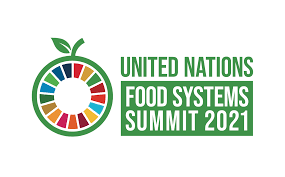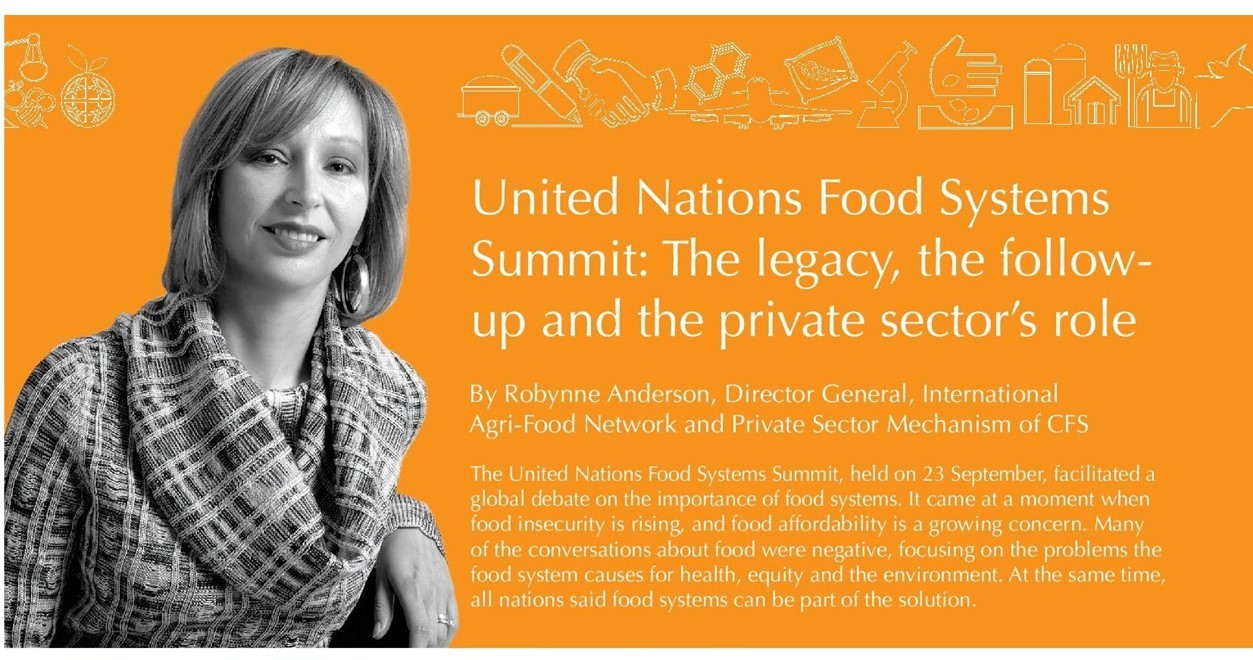Mentorship to empower African women in agribusiness
17 October 2024, Rome – The Food and Agriculture Organization of the United Nations (FAO) and…
 The Food Systems Summit held on September 23 climaxed the long-standing debate on food systems transformation. The wide-ranging and inclusive process leading to the Summit and the discussions were clear: transforming food systems was the best response to addressing food insecurity, food affordability, and food accessibility.
The Food Systems Summit held on September 23 climaxed the long-standing debate on food systems transformation. The wide-ranging and inclusive process leading to the Summit and the discussions were clear: transforming food systems was the best response to addressing food insecurity, food affordability, and food accessibility.
All through discussions and webinars organized prior to and during the Summit and Pre-Summit, the Private Sector was actively involved, ensuring it was also part of the problem-solving process. The Private Sector Mechanism (PSM) of the Committee on World Food Security (CFS), of which Gafta plays an active role, were strong advocates of solutions such as innovation, women and youth empowerment, inclusive value chains, and resilient trade ecosystems. Dozens of companies have already committed to the Zero Hunger pledge and several members of the Private Sector have taken a key interest in promoting initiatives and ideas such as school meal programs and digitalization.

Agricultural trade is a key aspect of food systems transformation as well. In the latest edition of Gaftaworld, I expand on how players in food and agricultural trade could seize this opportunity to take up key issues such as:
Read the Gaftaworld November 2021 edition for more insight on how you could be a part of this transformative process.